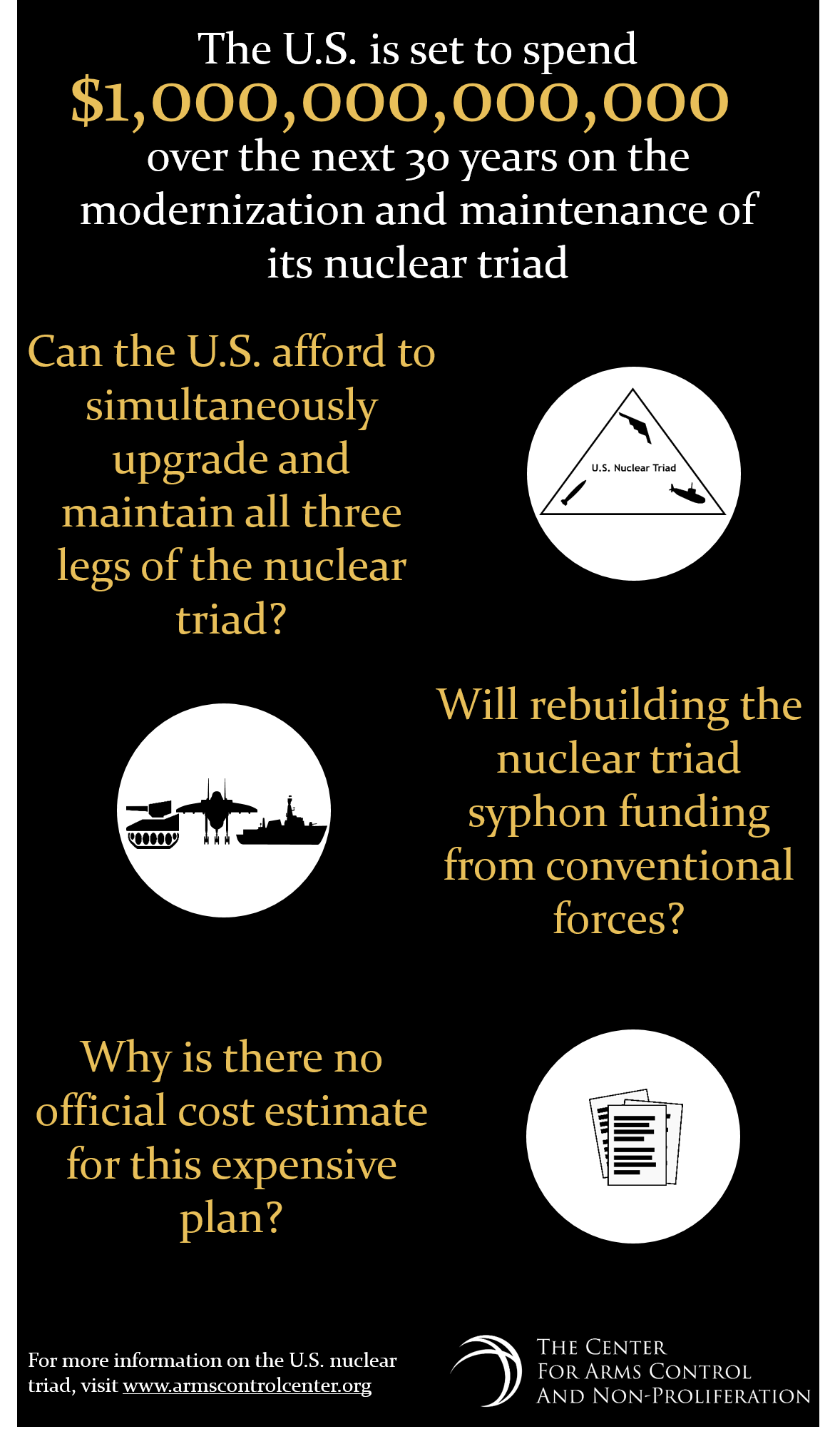What’s News:
There’s no doubt about it: We took a beating Tuesday night. But some of our Council-endorsed candidates pulled out victories in critical races, and we look forward to working with them to advance progressive national security. Click here to listen to Executive Director John Tierney’s analysis of the results.
2016 Council-endorsed winners:
Senate:
Catherine Cortez Masto (NV)
Tammy Duckworth (IL)
Maggie Hassan (NH)
Patty Murray (WA)
Brian Schatz (HI)
House:
Don Beyer (VA)
Val Demings (FL)
Bill Foster (IL)
Ruben Kihuen (NV)
Annie Kuster (NH)
Donald McEachin (VA)
Stephanie Murphy (FL)
Rick Nolan (MN)
Carol Shea-Porter (NH)
Board Member Jim Walsh Discusses National Security Challenges
Upon taking office, President-Elect Donald Trump will be forced to make difficult foreign policy and national security decisions. Board Member Jim Walsh examines the situation on Boston’s NPR affiliate, WBUR. Click here to take a listen.
Elections building to a climax on November 8
In a landmark resolution, 123 nations approved a United Nations resolution to begin negotiations on a treaty that could ultimately ban nuclear weapons. The resolution was proposed by Austria, Brazil, Ireland, Mexico, Nigeria and South Africa. The United States, Russia, Israel, France and the United Kingdom were among the countries that voted against the measure.
The resolution follows three international conferences beginning in 2013 to consider the humanitarian impact of nuclear weapons use and discussions by a working group on nuclear disarmament in 2016. To know more, click here.
Read:
Why Are U.S. Nuclear Missiles Still On High-Alert
There are approximately 450 silo-based nuclear weapons across the U.S. that remain on high-alert status, a Cold-War relic that allows the President to fire nuclear weapons within minutes of a warning. Executive Director John Tierney explains why it’s safe to take ICBMs off high-alert without harming U.S. nuclear deterrence. Read the full piece here.
The End of the Plutonium Management and Disposition Agreement: A Dark Cloud with a Silver Lining
Russia’s withdrawal from the US-Russia Plutonium Management and Disposition Agreement has major implications for global non-proliferation efforts. Yet, there may be one positive outcome for the United States. Policy intern Katherine Owens explains what’s at stake.
The Center was proud to be associated with Jack Woodall, a member of our Scientists Working Group and an esteemed scientist and honorable human being. We send our sincerest condolences to his family, friends, and colleagues now sharing in this loss.Click here to learn more about Dr. Woodall and his contributions to scientific advancement.
Infographic: Cost of U.S. Nuclear Triad Modernization: $1 Trillion
The U.S. plans to spend approximately $1 trillion on the modernization and maintenance of its nuclear triad over the next 30 years. Should it be done all at once? Our infographic takes a look at the costs of the plan. Take a look below and click here for a printable version.

Watch:
Could We Survive a Nuclear Winter?
What would be the effects of a nuclear war? According to researchers, even a “limited” nuclear exchange – about 100 bombs – could cause devastating, long-term climate change, known as nuclear winter. Watch this video to see the horrifying results of the study.
